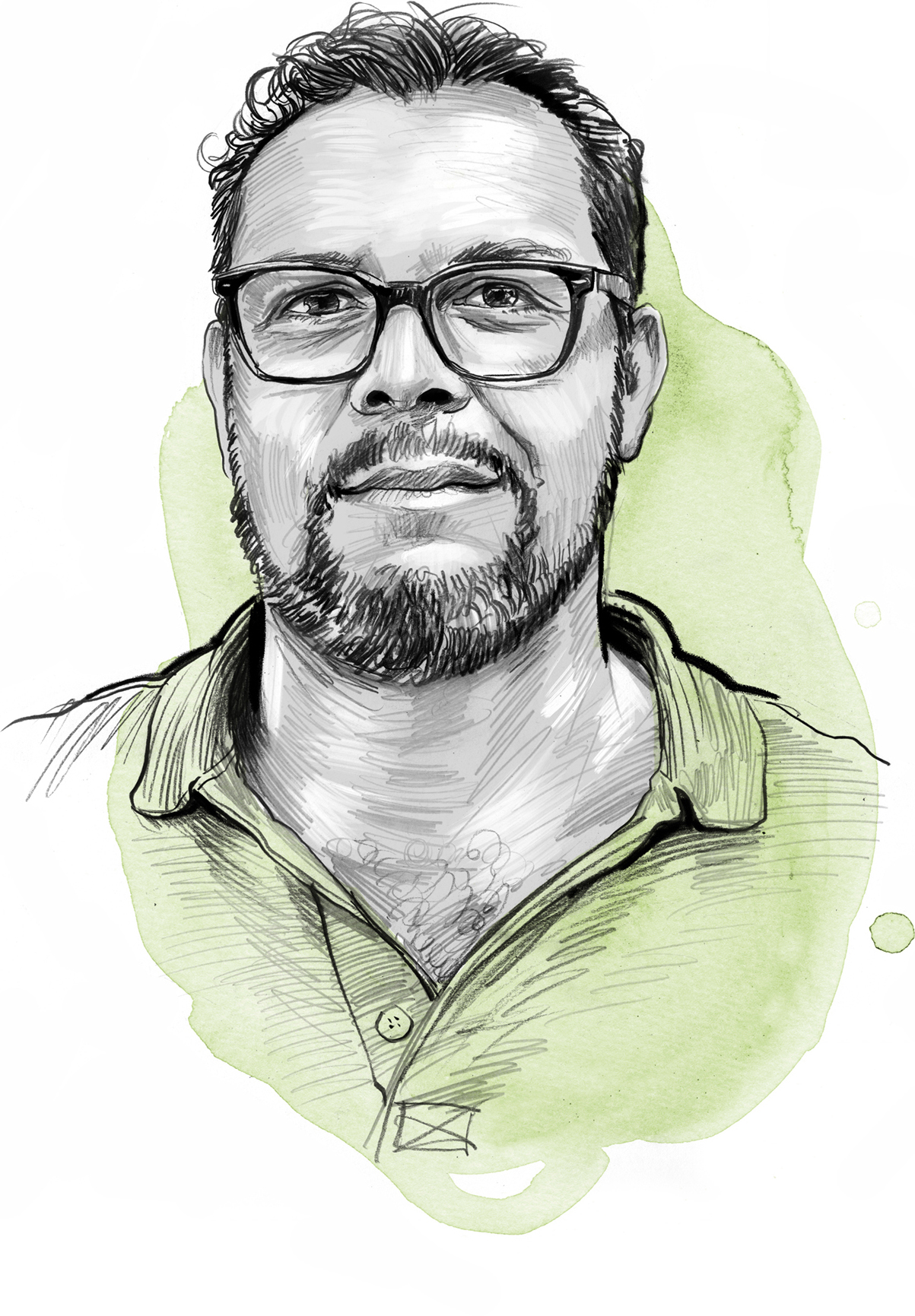For over 20 years, develoPPP has been promoting partnerships with the private sector in developing countries and emerging economies. GIZ implements the programme on behalf of the German Federal Ministry for Economic Cooperation and Development (BMZ). The aim is to combine innovative local approaches, development expertise and a strong network, and to foster efficient cooperation between public and private-sector actors to resolve global challenges.
‘For us, waste is valuable’
Three questions for Costa Rican Guillermo Pereira, founder and managing director of Fortech

What does Fortech do exactly, and what is the company’s vision?
For almost 30 years, Fortech has focused on making sustainable use of waste as a valuable resource. We process technological and industrial waste, mostly from the medical and electronics industries. Our vision is to help organisations, companies and governments make everyone’s life better by embracing the circular economy. Waste for us is simply the raw material we use to recover valuable resources and return them to the circular economy.
How did the cooperation between Fortech and GIZ come about?
In 2018, GIZ was looking for projects that addressed electric mobility in the fight against climate change. GIZ was convinced that our concept to reuse lithium batteries in an environmentally acceptable way was sound. Fortech is ideally suited to Costa Rica’s energy sector, because the country already has a network of renewable energies with solar, wind, geothermal and hydropower. The government has also made the decarbonisation of the transport sector a priority. Recycling batteries is fundamental to this.
How great is the potential for recycling lithium batteries?
The potential is huge. Lithium batteries can be recycled with no environmental costs. The metals and chemicals are extracted and recycled. We’ve developed a new procedure that we are currently patenting. The first step is to deactivate the battery and remove the electrolyte. Then the metals and plastic are separated and prepared for reuse. GIZ has supported us in developing this procedure. Our plant now has the capacity to recycle 1,500 tonnes of batteries every year.